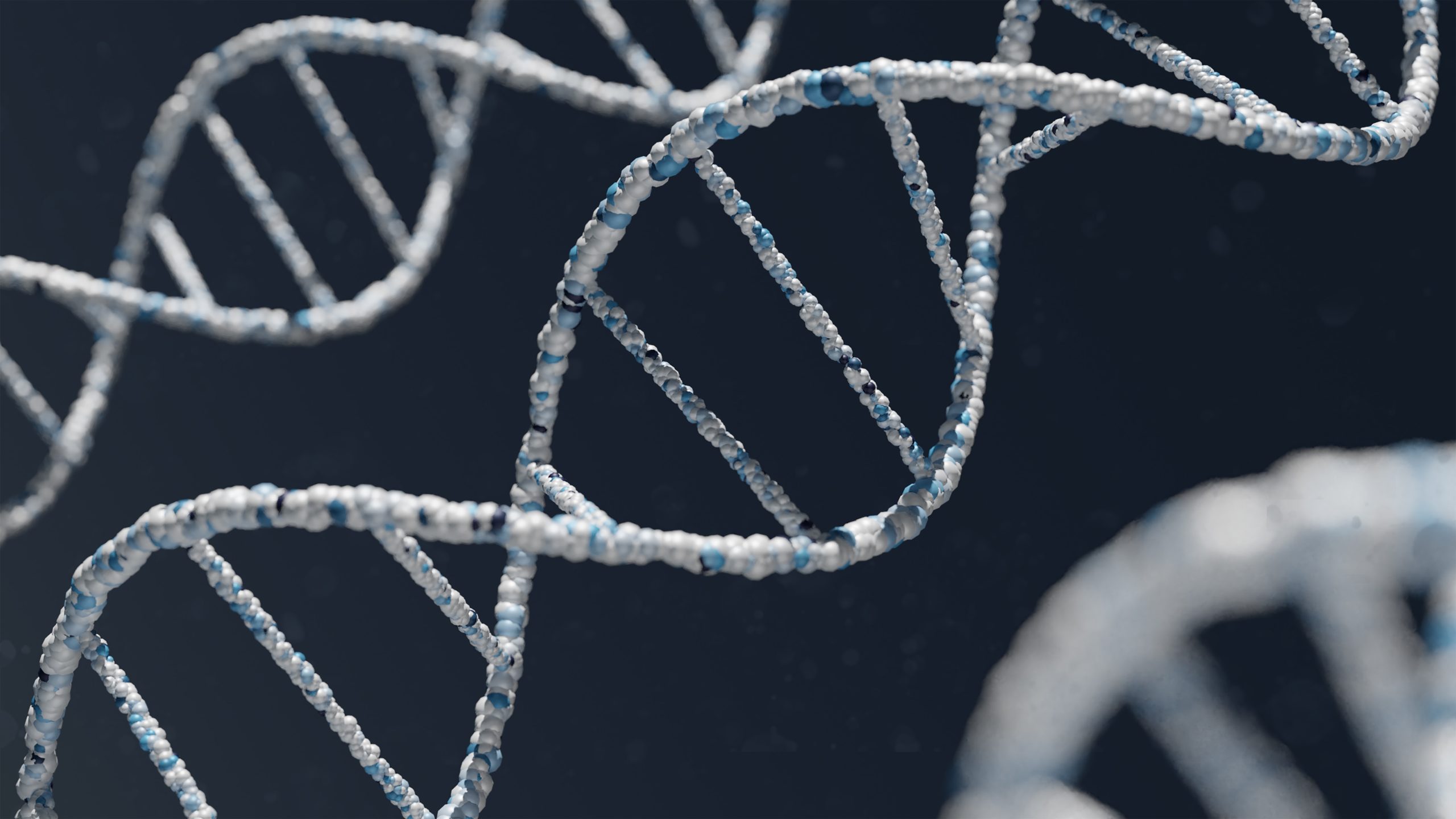
Local Police Departments are Building Private DNA Databases
Imagine that at a routine traffic stop for a minor infraction, the police officer issuing your ticket asks if you’d be willing to provide a sample of your DNA. Though it is a small request, it is not altogether harmless. It may be a violation of your constitutional rights. Despite that, it is exactly what police in several states are doing to build private DNA databases.
A few years ago in Melbourne, Florida, an officer approached a group of teenagers sitting in a parked car. He informed them about a series of vehicle break-ins in the neighborhood and asked them some questions. At the conclusion of the encounter, he asked which of the five boys was willing to give him a sample of DNA.
After a while, one of the fifteen-year-old boys reluctantly volunteered. He stepped out of the car to do a cheek swab, signed a consent form, and gave his thumbprint. The officer collected the DNA and went about his business. When recalling that encounter, the boy who gave his DNA said that he felt like he had to provide the sample because the officer requested it.
Over the past ten years, an increasing number of similar incidents has taken place throughout the country. Police are routinely collecting DNA from people who have never caught the attention of law enforcement.
In larger cities, police rely upon public labs and upload samples into the FBI’s national database. The samples allowed in the national database must meet strict requirements; however, DNA samples collected by local police departments are not required to meet any standards and are thus not of the right quality to contribute to the national database. Private databases are subject to zero state and federal oversight and regulation.
As it is a relatively new practice, no laws govern the establishment of private databases by local police departments and no best practices for the collection of such sensitive data have been developed. Understandably, civil rights groups express widespread concern for the right to privacy.
Police Step Up DNA Collection to Crack Down on Crime
While ordinary citizens are wary of the implications of having their DNA collected and tested just because, police are working to increase their collection of DNA by asking random people to submit to DNA tests at traffic stops. They credit these databases with the reduction of crime.
In a Pennsylvania township, police may ask people they pull over for DUI or those acting suspiciously for DNA samples. Their Director of Public Safety, Frederick Harran, believes that the database they’ve built has helped their department and others significantly cut burglaries. An added benefit is the fact that running the program is essentially free — police use drug forfeiture money to pay private labs to test the DNA samples they obtain. These smaller labs typically offer fast and cheap service that allows police to use DNA to investigate a broader range of crimes, including minor offenses like vandalism.
“This has probably been the greatest innovation in local law enforcement since the bulletproof vest,” Harran states. He goes on to ponder why more police departments aren’t participating in similar programs.
In Florida, Commander Heath Sanders of the Melbourne Police Department states that by law, if his team can ask people to consent to DNA tests, and if they accept and provide DNA, they can obtain it. “We’re not going to be walking down the street and asking a five-year-old to stick out his tongue, that’s just not reasonable. But let’s say a kid’s 15, 16 years old, we can ask for consent without the parents.”
Ethical Concerns Regarding Private DNA Databases
Collecting DNA evidence without reasonable suspicion is a violation of our constitutional rights; however, police departments defend these actions by asking for consent. Whether they’re overstepping their authority remains unclear. DNA collection raises several questions that state and federal laws have yet to address:
- Who can consent to give DNA?
- What must the person be told about consenting to provide DNA?
- Who decides what to do with the samples of DNA?
- Who decides how long to keep the DNA samples?
Police departments do what it takes to reduce crime; however, they may make poor decisions in the process that cause them to infringe upon our constitutional rights. It is up to us to understand our rights and become informed of these issues.
As a criminal defense firm, the Umansky Law Firm strives to provide unmatched representation for those accused of crimes in Central Florida. Our lawyers represent individuals of all ages facing charges for misdemeanor, felony, and federal offenses. We also help individuals clear their criminal pasts through record sealing and expungement, and provide many other services to support our clients.
Our criminal defense lawyers in Orlando are aggressive defenders of our constitutional rights and can help you protect your rights during each step of the judicial process. We have over 100 years of combined experience preserving citizens’ rights. Call 407-228-3838 for a free consultation or email us.
Read more here: https://www.propublica.org/article/dna-dragnet-in-some-cities-police-go-from-stop-and-frisk-to-stop-and-spit



